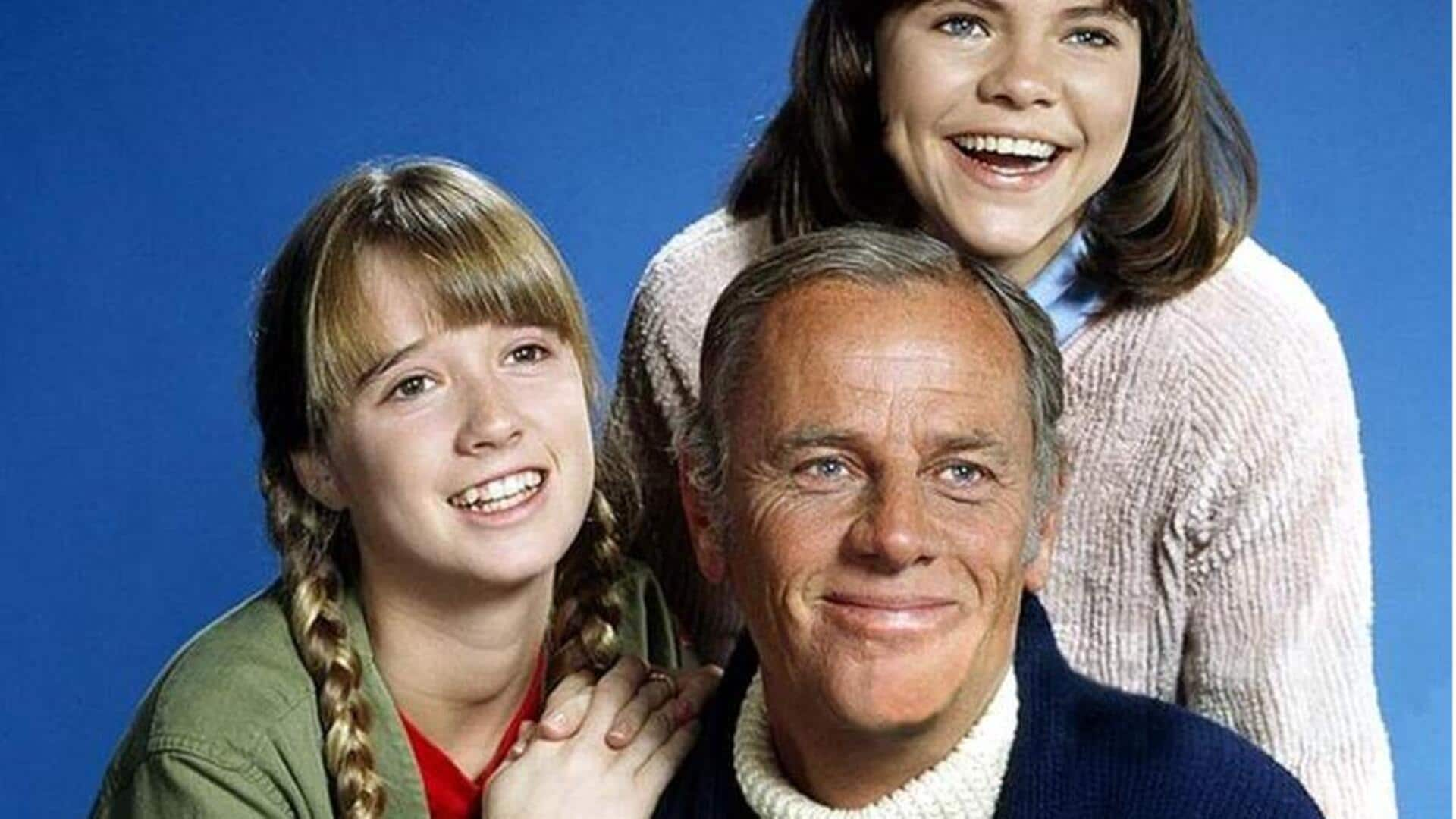
Explaining the 'Friday Night Death Slot': A television industry phenomenon
What's the story
It is not enough to write, direct, act, and produce a show. After all these steps are taken care of, one also has to ensure that the show premieres at the right time, so that it attracts the most viewers. In Hollywood, it is believed that if a show gets the Friday evening slot, it's doomed to fail. This belief has led to the origin of the term, "The Friday Night Death Slot."
Rationale
The reason behind the Friday Night Death Slot
The belief that Friday night is a death sentence for TV shows stems from the idea that the key demographic, particularly those aged 18-34, are typically engaged in other activities, says TV Tropes. These activities may include socializing, attending sports events, or dining out since Friday marks the commencement of the weekend. Consequently, this time slot often sees lower viewership and is filled with low-cost content requiring minimal continuity for comprehension.
Programming
The content and fate of Friday night shows
Friday nights are typically filled with mid-tier sitcoms, reruns, movie broadcasts, overlooked shows, and numerous reality shows. Networks often use repeats of popular shows from other nights to fill weaker slots. Despite lowered expectations for these programs, many fail to meet even these modest standards and experience high turnover rates. When a show is relocated to a Friday slot or debuts in one without being promoted as a "sneak preview," it's assumed to be doomed from the very beginning.
Exceptions
The opposite of the Friday Night Death Slot
There is a specific timeframe on Fridays when networks target viewers who are winding down at home after a long day at work. This period usually begins around 7:00pm with lighter programs transitioning into more serious and mature ones later in the evening. In stark contrast to the Friday Night Death Slot, Thursday Prime Time Slots are often allocated to highly sought-after TV programming.
Examples
Shows that were impacted by this dreaded slot
Some prominent shows that received a blow due to this phenomenon include Star Trek on NBC, which used to premiere on Fridays from 8:30pm-9:30pm. Other examples are The Bell Telephone Hour, which had its last season after 28 years on air; The Dean Martin Show, which had to bow after nine seasons; Serpico, which lasted only a single season; Hello, Larry, whose first season and parts of the second season were impacted gravely.
Shows that survived
Shows that bravely survived
However, not all is as gloomy as the phenomenon would have you believe. There have been a few shows over the years that have survived this curse. Some examples are the cult classic The X-Files, Law & Order: Special Victims Unit, Psych, and White Collar, among others. It is important to note that the "curse" is mostly specific to Hollywood and every entertainment industry would have different examples of the shows that either braced it or suffered because of it.